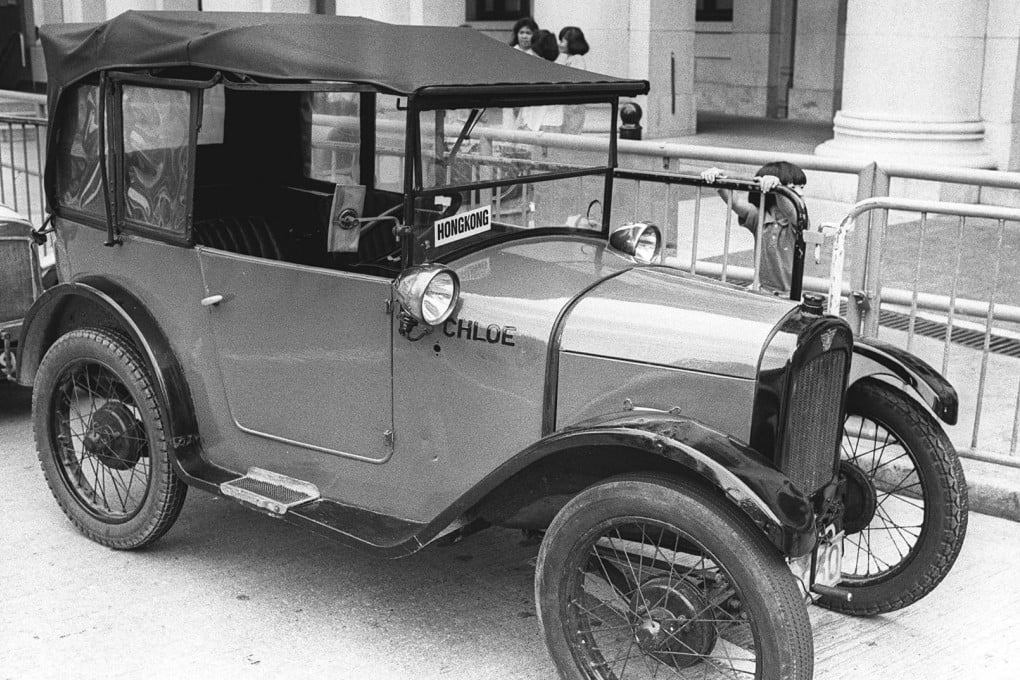Then & Now | A real choker: how private cars are taking a toll on Hong Kong
Like gun owners in the United States, most Hongkongers who own cars have no compelling need for one. In a city with one of the world's best public transport networks, they are for most purely a status symbol, and it's the non-car owners who suffer the consequences, writes Jason Wordie

Private-car ownership in Hong Kong closely resembles firearm possession in the United States; very few people have a real and compelling need for it but vast numbers of (mostly self-serving) excuses can be found to justify the want. And much like serious discussions on gun control in America, proposals for effective curbs on car ownership in a small place like Hong Kong are never permitted to go anywhere for political reasons.

Vehicles with internal combustion engines first arrived in Hong Kong between 1903 and 1905, and became popular as technology rapidly improved around 1910. Private-car numbers steadily grew just before the first world war and road capacity expanded in tandem. The economic boom of the “roaring twenties” created more affluence, thus more demand for private cars and motor vehicles in general, which was met by British and American manufacturers and the increasing number of vehicles they shipped to the Far East. By the 1930s, private cars were an established fact of life in Hong Kong – but only for the affluent. Possession of a car – and even better, a personal driver – became a key status marker.
For the vast majority, car ownership – then as now – was out of the question for economic reasons. Until the '50s, travelling by car was a novelty for most, and private-car hire for weddings and funerals remained a significant demonstration of status. Taxi companies became profitable enterprises from this time, and several local business fortunes – such as that of Hopewell Holdings’ Gordon Wu Ying-sheung – were seeded in the hire-car trade.

Car ownership exponentially expanded with rising local affluence in the '60s and '70s, and since 2013, there have been more than 500,000 private cars on our roads.

